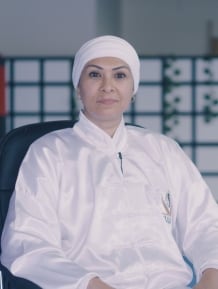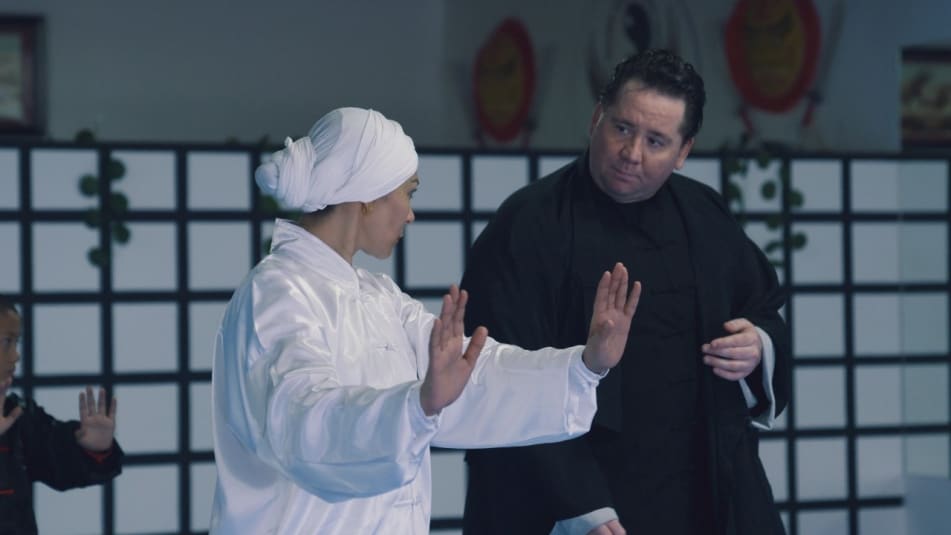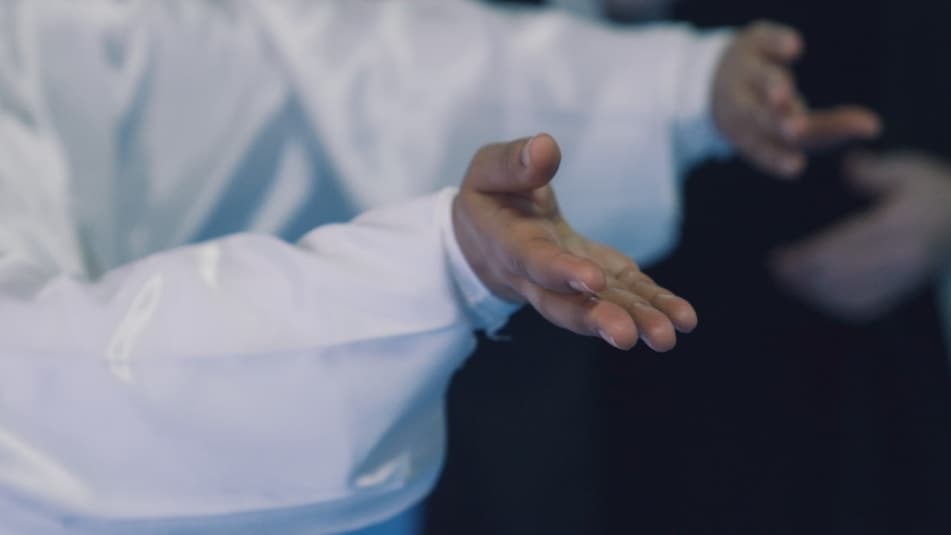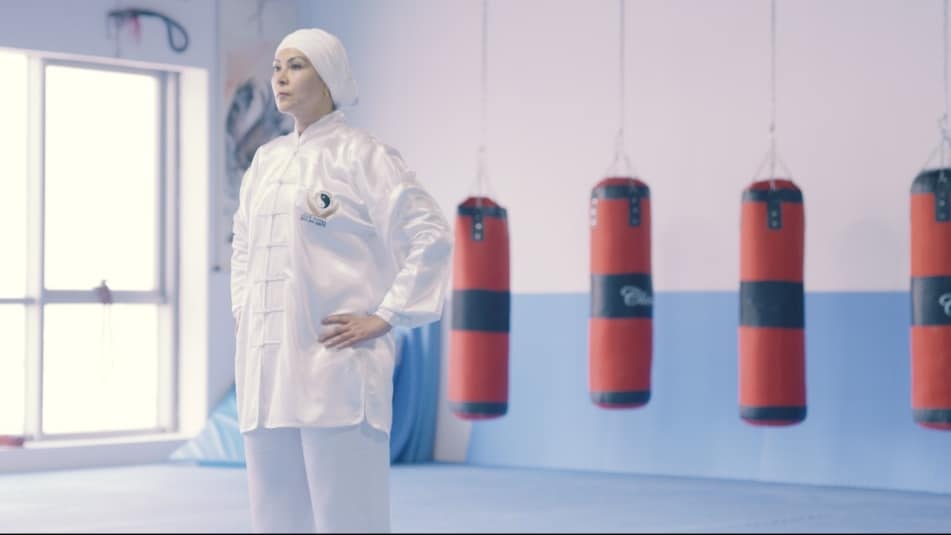I remember the moment I felt the lump. I had been out for my morning run and noticed something wrong in the shower. There was a bump that hadn’t been there the night before, and I just knew something was wrong. Time just stood still. I don’t really know how to explain those few moments that passed by.
My GP at the time was a good friend, and I knew he was going camping that weekend. I never called him on his mobile before, so when I did, he knew something was wrong He picked up the call on the second ring and said, “What’s up?”
I tried to play things down, and told him I wanted to make an appointment for when he was back because I’d found a lump. I heard the screech of metal, and he said, “I’ll see you in the clinic in two hours.”
Using manual checkup, he discovered multiple lumps in both breasts. We did an immediate mammogram, ultrasound and biopsy. The lumps turned out to be benign, but I still felt something wasn’t quite right – so we settled on a plan that I would go in for an ultrasound every four months, and a mammogram and ultrasound (because my breasts were dense) every year. And I kept doing that until 2006 when I came to the UAE through to 2010 when things started to change out of the blue. The doctor told me that there had been a mutation in the cells, and that they weren’t sure why.
I had those removed, but these mutations kept on happening and by mid-June 2012 took a turn for the worse as I kept having non-stop bleeding which we initially thought was a heavy period. Once the mutations started, we added an annual MRI to keep closer watch. Doctors weren’t sure what was going on. However, in the first week of January 2013 the MRI made things much clearer. I was told I had a very aggressive form of breast cancer which had already spread to my right lymph node, and that my chemotherapy would have to start immediately.
To be told you have breast cancer is a shock. The last thing you really want to hear is that it’s an aggressive type. If that’s the icing on the cake, you can keep it.




